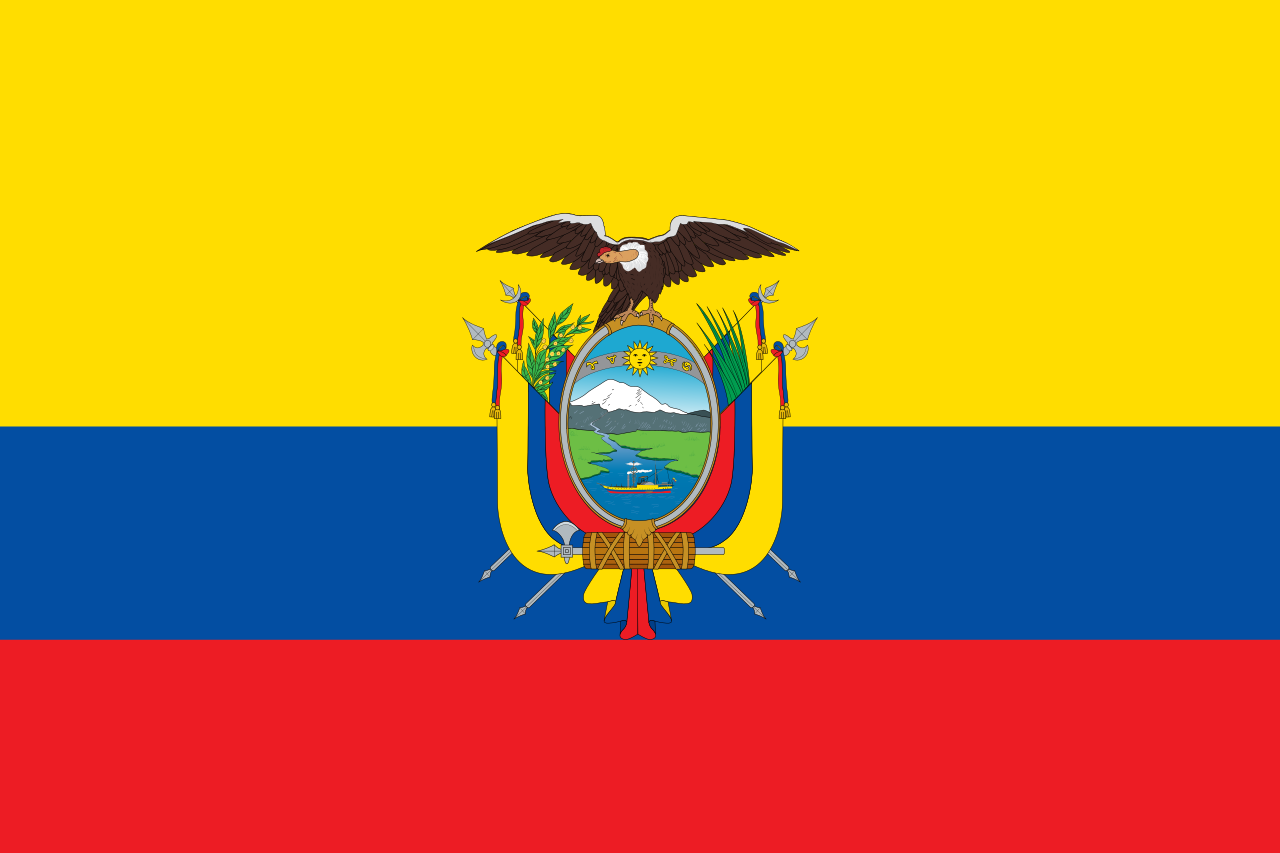
Ecuador Country Report
Country Risk Level: High

Download Report as PDF
Get a printable version of this country report for offline reference.
Ecuador is classified as a HIGH RISK country. The primary concerns for travellers are crime and environmental threats. Due to risks related to gang violence, reconsider non-essential travel.
Essential Precautions:
- Avoid travel to the Cordillera del Cóndor and areas near the Colombian border.
- Use ATMs only during daylight hours at large facilities, preferably inside banks with armed guards.
- Avoid displaying valuable items or overt forms of wealth.
- Steer clear of street food and drink only bottled water.
- Avoid demonstrations and protests, as they can quickly turn violent.
- Follow government warnings and alerts regarding potential natural disasters.
Insurance is crucial if you plan to travel or work in Ecuador. Despite its beauty, the country has significant risks, particularly violence and gang crime. Foreigners face risks of violent crime, such as assault, robbery, and sexual assault, along with petty theft. The situation can change rapidly, so staying updated with travel advisories from sources like the UK Foreign Office or the U.S. State Department is essential.
Crime Risks
Petty crime, such as pickpocketing and theft, is common in tourist areas and crowded places like markets and public transportation. Travellers should take precautions, such as keeping belongings secure and being aware of surroundings, especially in cities like Quito and Guayaquil.
Natural Hazards
Ecuador is prone to natural disasters, including earthquakes, volcanic eruptions, landslides, and floods. It's important to stay informed about current conditions, follow local authorities' guidance, and have an emergency plan, especially if travelling near active volcanoes or earthquake-prone areas.
Altitude Sickness
If visiting high-altitude areas like Quito or the Andes Mountains, be aware of altitude sickness risks. To avoid symptoms, acclimatise slowly, stay hydrated, and consider seeking medical advice before travelling.
Health Risks
In addition to altitude sickness, other health risks include mosquito-borne diseases (e.g., dengue, Zika, malaria), traveller's diarrhoea, and food- or water-borne illnesses. Take precautions like vaccinations and practising good hygiene.
Political Demonstrations
Although infrequent, demonstrations can occur, particularly in urban areas. Travellers should avoid large gatherings and stay updated on the local situation through news sources
Transportation Safety
Public transportation, especially intercity buses, may pose safety risks due to accidents caused by poor road conditions and driver fatigue. Using reputable bus companies or flying for long-distance travel is advisable.
Environmental Hazards
Ecuador's diverse ecosystems, such as rainforests, mountains, and coastal areas, each come with specific risks. Be cautious about wildlife, rough seas, and extreme weather when exploring these regions.
Travel Advisories
Check travel advisories or warnings before departure. Government-issued advisories often provide critical information about safety concerns in specific regions.
Crime in Rural Areas
Although major cities face higher crime rates, rural areas are not crime-free. Theft and robbery can still occur, especially in remote regions. When travelling to rural areas, consider joining a tour group or hiring a reputable guide.
Border Areas
Exercise caution near the borders with Colombia and Peru, where drug trafficking and related criminal activities may pose risks. Stay updated on the security situation in these regions.
Traffic Accidents
Road conditions vary widely across the country, contributing to a high rate of traffic accidents. If driving, consider hiring a reputable driver or using licensed transportation services.
Choosing the Right Insurance for Your Trip to Ecuador
Many insurers do not cover travel to Ecuador. Ensure your policy covers medical expenses, repatriation, and crisis management. Due to limited healthcare options, evacuation for medical treatment may be necessary.
Required Vaccinations:
- No mandatory vaccinations, but it's wise to stay up to date with routine immunisations.
Pre-Trip Checklist:
- Carry a copy of your passport.
- Bring necessary prescription medication and a copy of your prescription.
- Consider mosquito repellent, long sleeves, and pants for protection.
LGBTQ+ Travel
Ecuador has legal protections for LGBTQ+ individuals, and urban areas are generally accepting. However, attitudes may be less tolerant in rural or more conservative regions. Travellers are encouraged to connect with local LGBTQ+ organisations for support, resources, and advice.